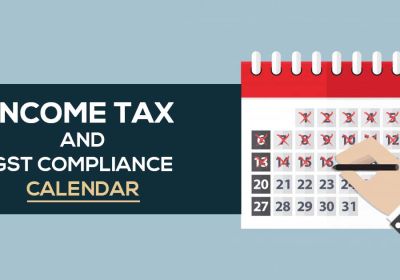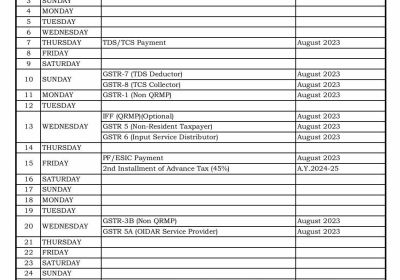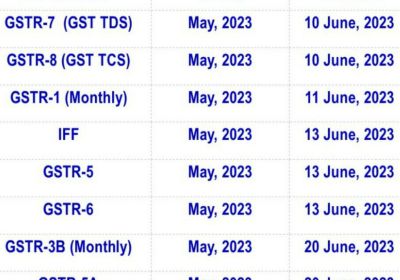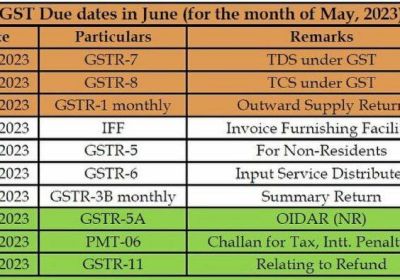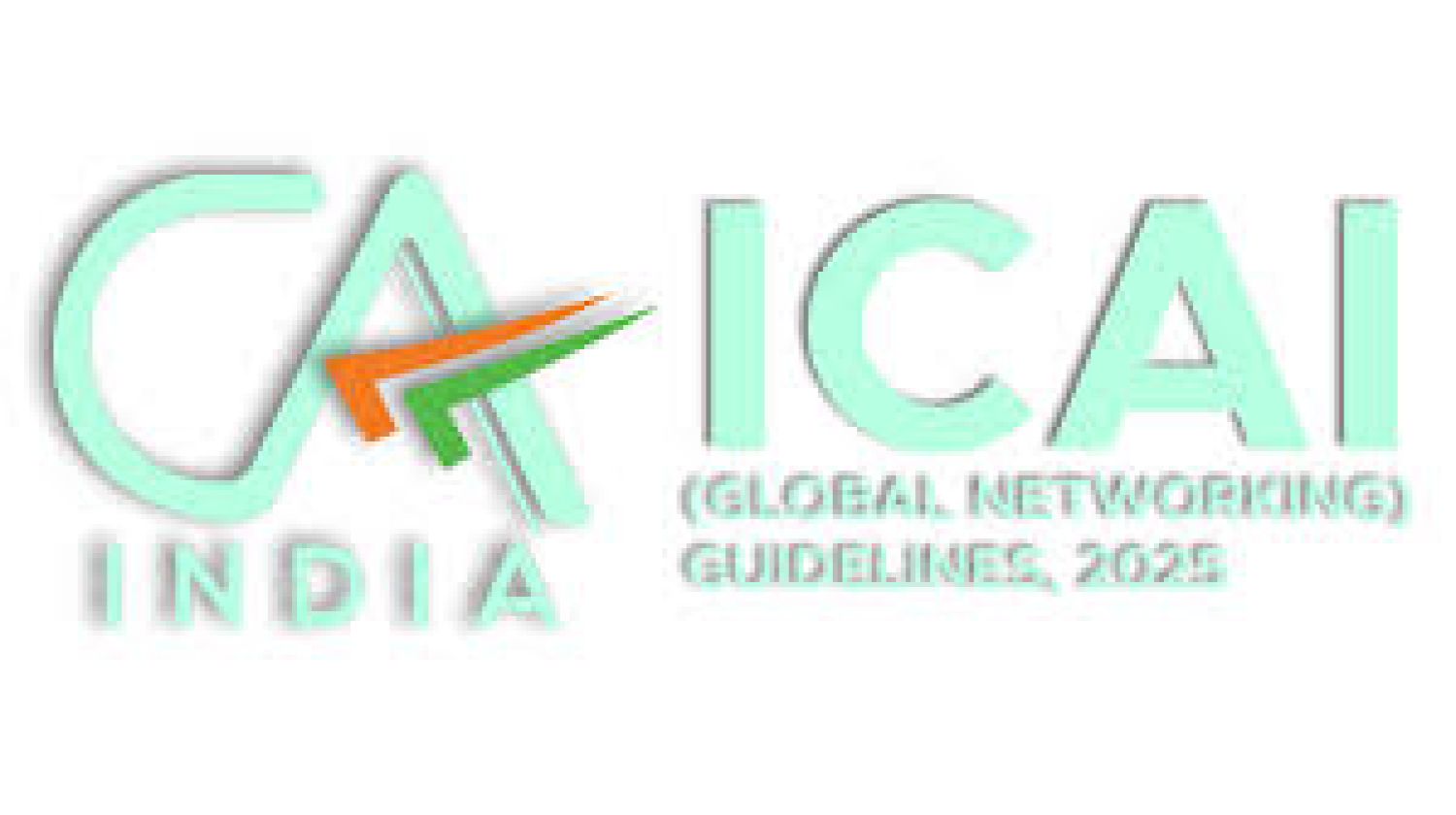
The ministry of corporate affairs has broadened the definition of small and medium businesses (SMBs), allowing them to borrow more money and increase their turnover. According to a statement released on Wednesday, this would allow a broader range of enterprises to benefit from greater flexibility in accounting requirements.
Small and medium corporations are classified as unlisted entities that are not banks, financial institutions, or insurance firms and have a turnover of up to Rs 250 crore and borrowings of up to Rs 50 crore in the previous accounting year, according to the 388-page notification. Under general accounting standards, the turnover and borrowings thresholds were set at Rs 50 crore and Rs 10 crore, respectively.
Experts say the shift in terminology is for accounting considerations.
The statement stated that “SMCs that are a holding company or subsidiary firm of a non-SMC would not qualify as a small and medium enterprise.”
“The notification is a self-contained set of accounting standards adapted to the needs and capabilities of small businesses that serves as a common set of accounting standards that will be necessary in its application to SMC in the preparation of its general purpose financial statements. “In comparison to Indian Accounting Rules, the accounting standards for SMC, which were first notified in December 2006 and updated from time to time, are substantially simpler,” expert said .
According to experts, the application of these accounting rules is less complicated in terms of the amount of needed disclosures, which is less onerous.
The notification further states that an existing firm that was not previously classified as a small or medium business but later became one will not be eligible for any accounting standard exemptions. If it continues to operate as a small and medium business for two consecutive accounting periods, it will be eligible for these exemptions.
“The limits are consistent with the ICAI's rise in the threshold for non-corporate companies. According to Expert, the amended criteria will benefit a number of businesses and enhance ease of doing business.
The general purpose accounting rules of the ICAI apply to enterprises with a turnover of less than Rs 500 crore and a net worth of less than Rs 250 crore. The rest of the businesses adhere to Indian accounting rules (IndAS).
Companies must disclose all major accounting policies used in the preparation and presentation of financial statements, according to the MCA notification. “Important accounting policies should be declared as such as part of the financial statements, and significant accounting policies should typically be published in one place.”




